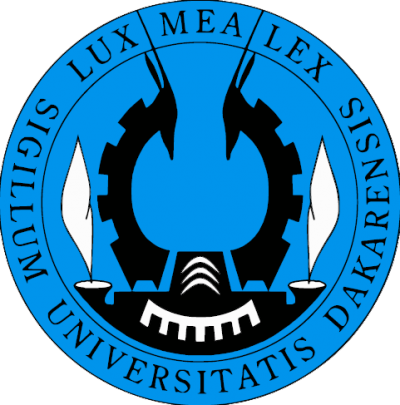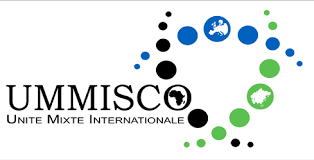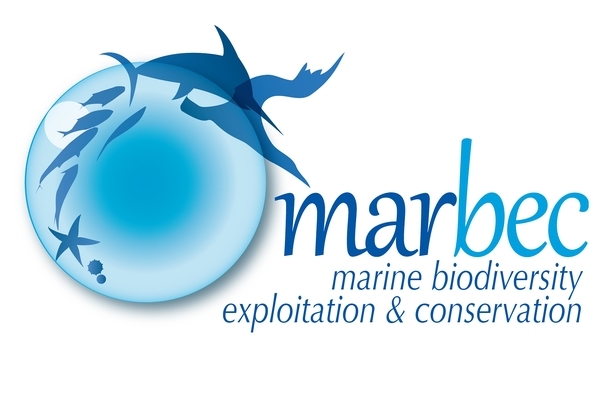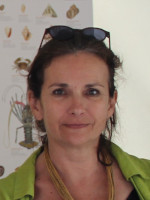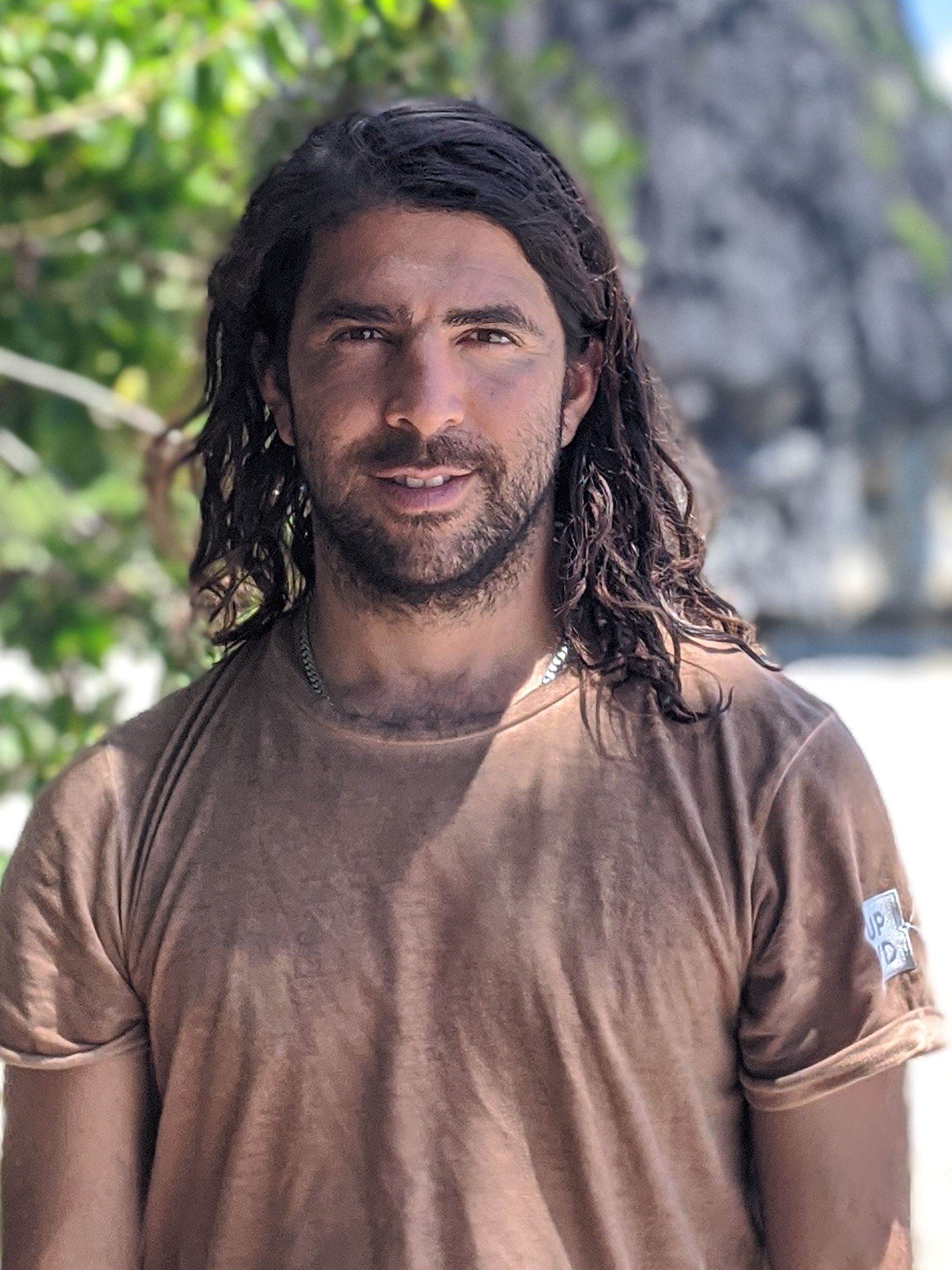AIME project
AIME project addresses three major scientific challenges:
1) combining or performing hybridization of AI techniques to significantly improve the accuracy of biodiversity indicators,
2) providing at multiple scales several indicators that capture different facets of marine ecosystem health including pressure assessments,
3) combining all these facets/indicators into an integrated model able to explain and forecast the spatio-temporal dynamic of marine biodiversity within targeted case studies.
AIME considers diverse data including satellite imagery, underwater images and videos, environmental DNA samples, GPS coordinates and telemetry data.
Integrating heterogeneous data to produce biodiversity indicators at different scales, using artificial intelligence.
AIME project is structured in 6 scientific WPs. WPs 1-5 rely on different sensors to assess indicators of the state of marine ecosystems at different scales. These indicators are based on natural habitat dynamics (coral reef, mangroves, seagrass), pressure intensity (populated areas), legal environment (automatically extract information from legal texts), diversity (environmental DNA), species abundance (identification and census) and movement pattern of megafauna. Those indicators will feed WP6, dedicated to designing an integrative model aiming at providing accurate estimation and prediction of marine biodiversity in relation to current and future pressures. Specific AI techniques will be used in each WP (symbolic and subsymbolic approaches, machine learning, probabilistic models, sometimes with hybridization between). Among the AI methods used, we can mention deep learning, knowledge and structured base/Ontology, Natural Language Processing, machine learning , Location Based Networks, Dynamic Bayesian Networks.
This project focuses on marine coastal biodiversity in two specific zones: the Mediterranean sea and the Pacific ocean, with a specific focus on the EEZ of New-Caledonia (1,5 millions km2). Our consortium has access to a large array of unique ecological datasets, collected over several decades as part of previous research projects, to which is added open access data provided by the scientific community. The proposed research aims to assist decision-making in the management strategies of coastal ecosystems and the services they provide to humans.




